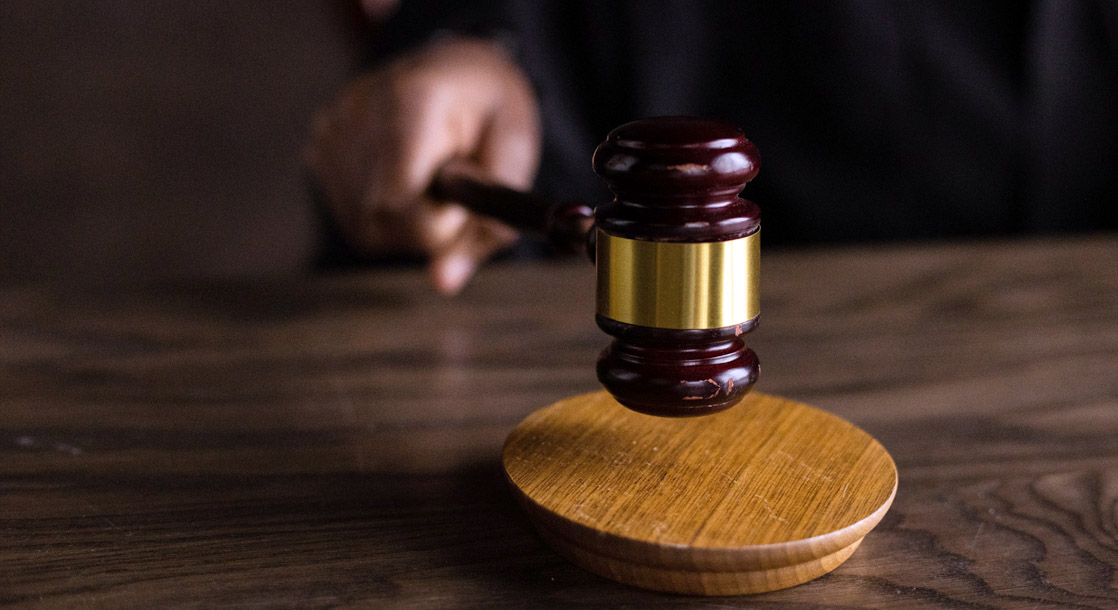On New Year’s Day, Connecticut courts will automatically expunge the criminal records of thousands of people who have been convicted of minor cannabis crimes.
These expungements represent the first phase of the state’s Clean Slate legislation, which Governor Ned Lamont signed into law last year. Under this new law, anyone convicted of possessing up to 4 ounces of a “non-narcotic, non-hallucinogenic substance” between January 1, 2000 and September 30, 2015 will automatically have their records expunged without any further action required.
This week, Lamont announced that state courts will officially expunge around 44,000 eligible cannabis possession cases on January 1, 2023. Even more records are expected to be cleared later next year once the state’s judicial system finishes updating its antiquated record-keeping systems. Expunged cases will be wiped from permanent criminal records, and former offenders will no longer be legally required to disclose the fact that they had ever been arrested for weed.
“We in our younger days, for most of us, have committed, maybe not crimes, but indiscretions,” said Hartford Criminal Defense Attorney Richard Brown to FOX News 61. “Out of all the crimes that one can commit, the possession of marijuana, by way of example, not for purpose of resale, but for purpose of personal use… we don’t want those events to stop a person from blooming.”
The Clean Slate law also gives even more people with nonviolent drug convictions a chance to bloom. Anyone convicted of possessing up to four ounces of pot either before 2000 or after October 1, 2015 is also eligible for an expungement, as is anyone who was busted for pot paraphernalia before the state legalized cannabis last year. These additional expungements are not automatic, though, so anyone who wishes to receive one must file a petition with the state Superior Court.
Small-time cannabis dealers even get a shot at redemption under the new law. People convicted of growing, manufacturing, selling, possessing with intent to sell, or giving weed away for free can also file a petition for expungement, but only if the total amount of pot was under 4 ounces or six live plants. The expungements will cover most misdemeanors, most Class D and E felonies, and even unclassified felonies. However, individuals are only eligible if they have already served their full sentences for these crimes.
“On January 1, thousands of people in Connecticut will have low-level cannabis convictions automatically erased due to the cannabis legalization bill we enacted last year,” said Lamont in a press release. “Especially as Connecticut employers seek to fill hundreds of thousands of job openings, an old conviction for low-level cannabis possession should not hold someone back from pursuing their career, housing, professional, and educational aspirations.”
Although Connecticut’s expungement program has been in the works since last year, Lamont’s announcement comes just months after President Biden issued a mass pardon to former federal pot offenders. Biden urged state governors to grant clemency to cannabis convicts as well, and many have answered the call. The results of these clemency efforts have been mixed, though. Pennsylvania Gov. Tom Wolf launched a pardon program this fall, but the eligibility requirements were so narrow that fewer than 250 offenders will actually receive pardons.
Many adult-use states have also launched their own cannabis expungement programs, but again, the results have been a mixed bag. Illinois and New Jersey have collectively expunged, dismissed, and pardoned nearly a million cannabis-related convictions, but California, New York, and other states are still struggling to identify and clear every eligible case.











